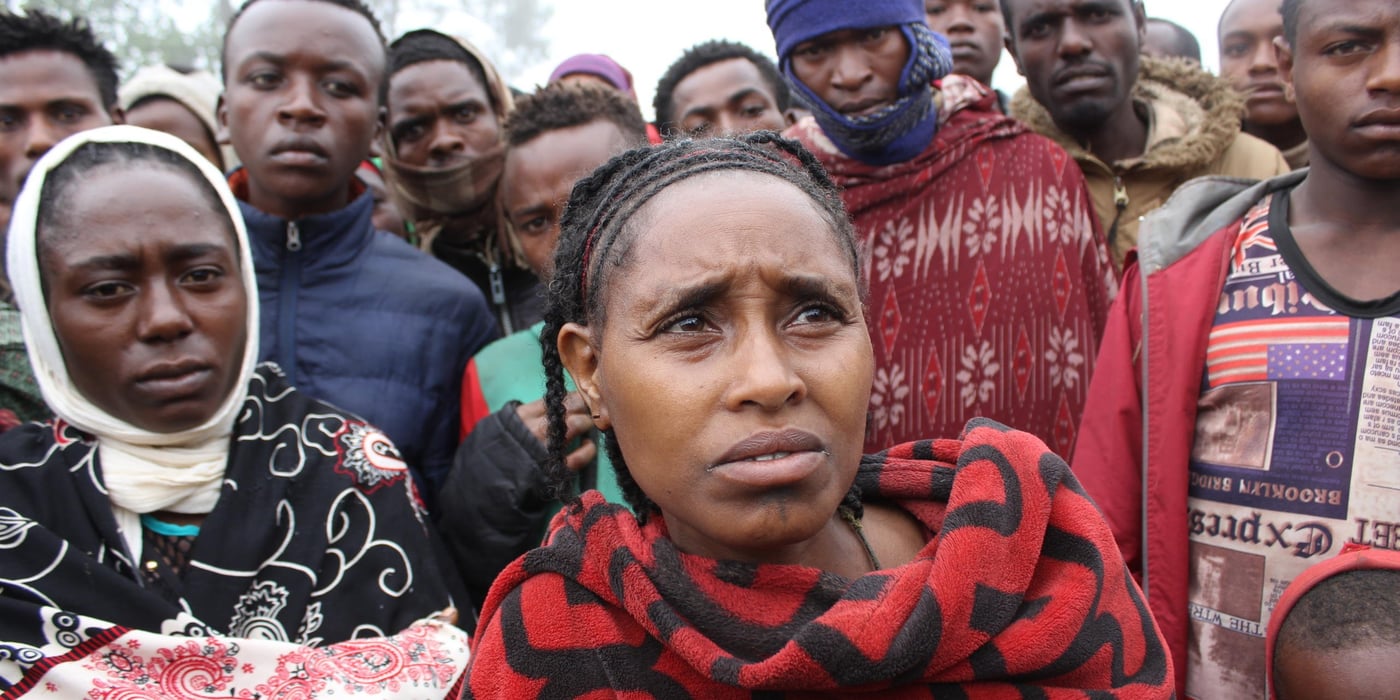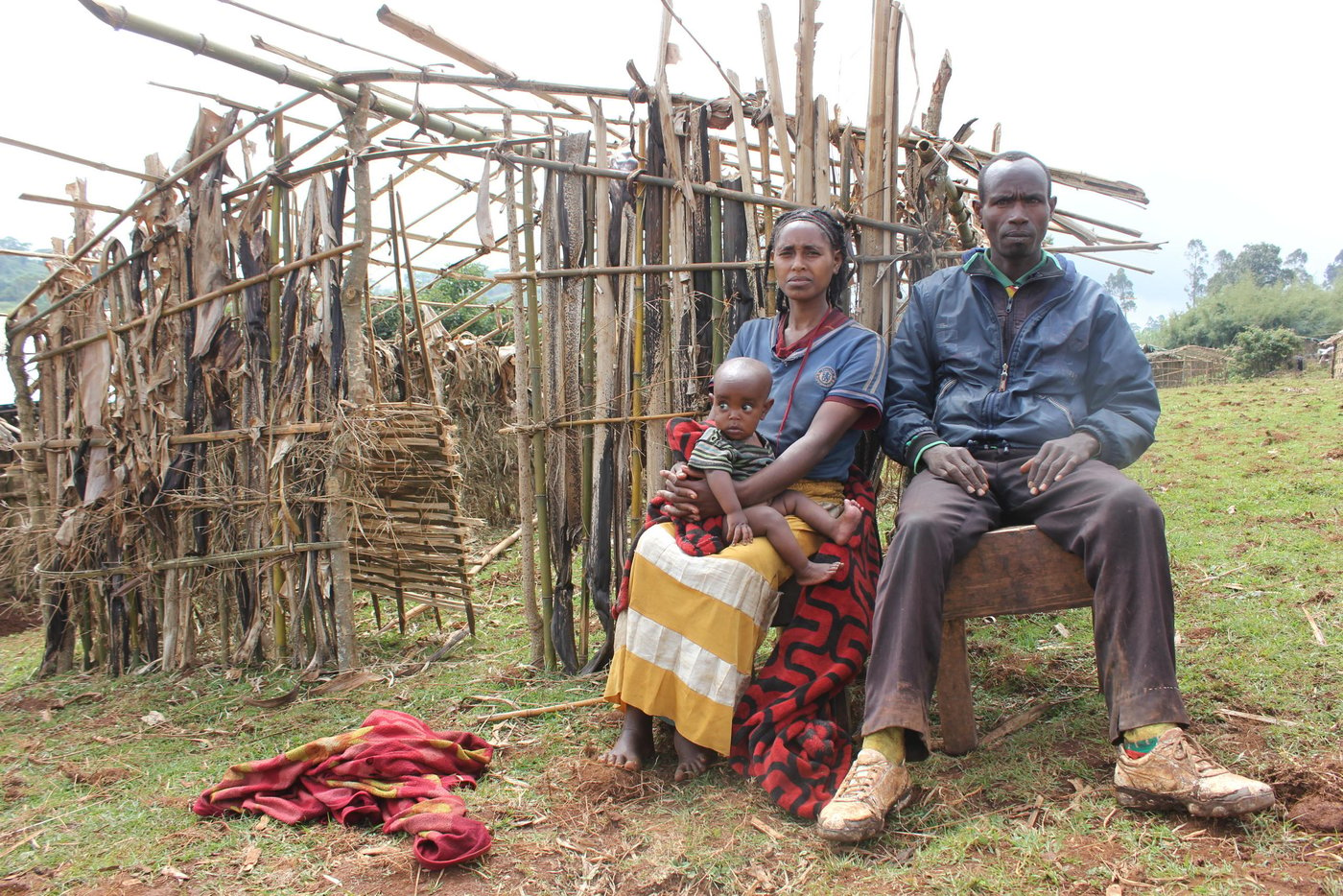
No other country in the world has seen higher internal displacement this year than Ethiopia, according to the Internal Displacement Monitoring Centre's mid-year report. Conflict has uprooted some 1.4 million Ethiopians from their homes since the start of 2018.
"We left our house at night to save our lives. We fled with only the clothes on our backs. We left everything else behind," said Shubo, who was forced to flee her village together with her husband and nine children.
The Norwegian Refugee Council (NRC) is on the ground to assist Shubo and the people in her community who are affected by the conflict.
Struggled to flee from the violence
In April widespread violence broke out in the Gedeo and West Guji region. More than 800,000 people were forced to flee in three short months. Shubo and her family, who lived in a village in the Gedeo zone, were caught up in the violence.
“Our house was burned down. We also had seven sheep and eight cows, but they were confiscated. Men armed with crude weapons raided our small coffee store and stole thirteen bags of coffee beans,” she explained.
We left our house at night to save our lives. We fled with only the clothes on our backs. We left everything else behind.Shubo, internally displaced in Ethiopia
It wasn’t easy for Shubo to escape the violence. When she was just a teenager, she was diagnosed with polio. Since then, she has not been able to walk properly, and uses a long stick to balance her steps. Her husband had to carry her to safety.
Today the family of eleven is displaced over a hundred miles from their home.
Lacking food and shelter
A relative has provided the family with temporary shelter. Still, the current rainy season makes it difficult to keep warm.
"The things we sacrificed so much to build in Gedeo are all gone. Our children are exposed to the cold weather. They lack clothes to keep them warm," Shubo lamented.
Food shortages in the region have also compounded the crisis.
“We only have one meal a day,” she said.

Waiting for a new home
Local authorities in West Guji have helped secure Shubo and her husband, Ayele, a plot of land. The NRC has provided Shubo and her husband with cash support to help them build a new house.
Ayele plans to spend the money on plastic sheets and bamboo sticks, and embark on finishing the walling and roofing of the house.
"I have one child with me. The other eight are living with my brother across the river. When we finish this house, we will all be able to move in here," said Shubo.
Nothing to return to
Some families are starting to return to their home areas in Gedeo and West Guji, but many houses have been destroyed. Shubo and her family are not planning on returning any time soon.
"Our property has been taken away from us. There is still tension in the area, and our relationship with the neighbouring community has been eroded."

